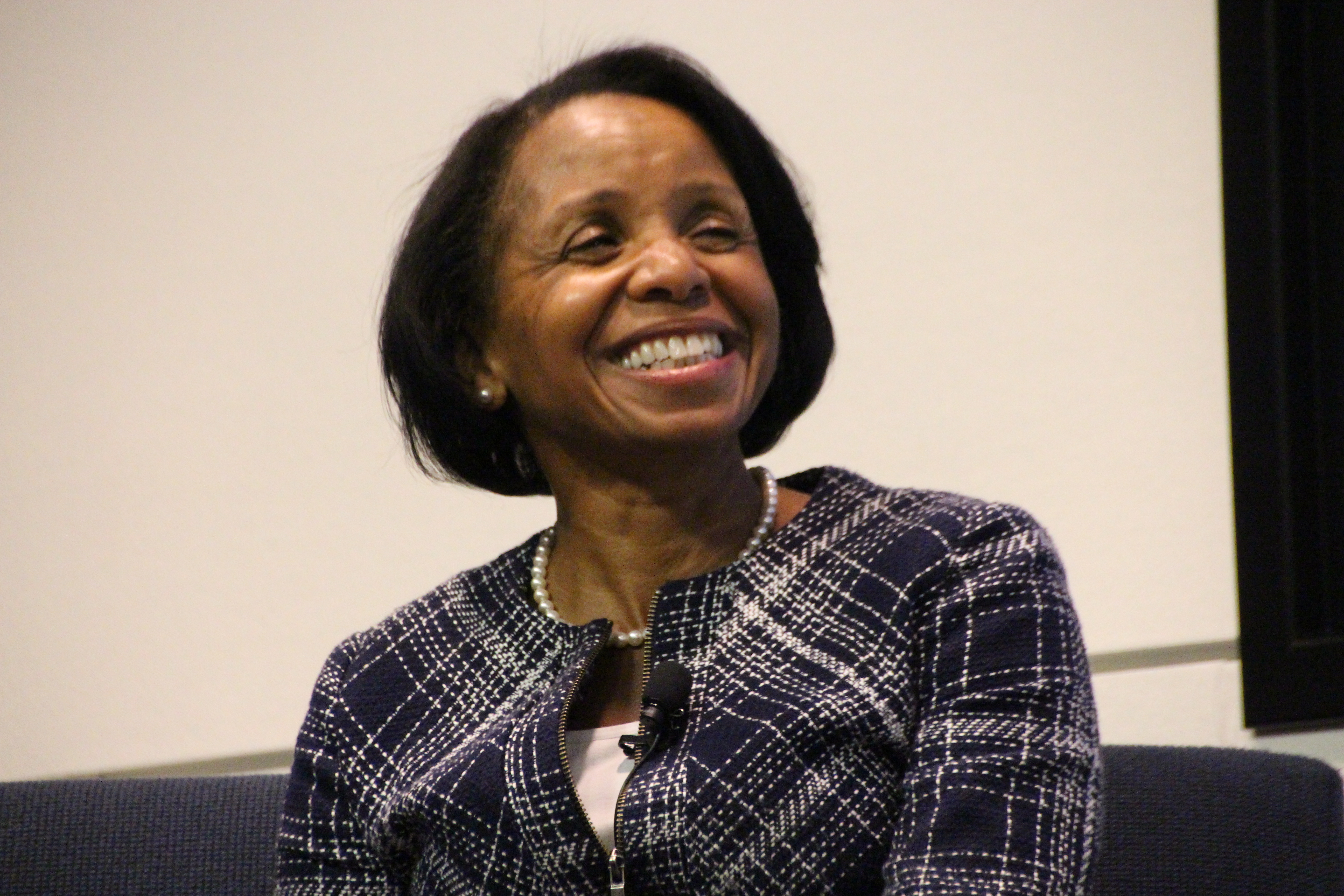“This Land Is Your Land… “: Thoughts from Thomson Reuters Inaugural CLE Discussion on the Bill of Rights

From recent debates around election day ballot selfies, the ongoing push-pull between Trump and the press, and potential Second Amendment showdown headed for the Supreme Court, the Bill of Rights – and the central issues they touch – remain a vital part of our national conversation.
Recently at its Eagan campus, Thomson Reuters hosted the inaugural discussion, “This Land is Our Land: The Bill of Rights and the Rule of Law,” with an esteemed panel that included Judge Wilhelmina Wright, US District Court judge; Representative Paul Thissen, the former speaker of the Minnesota House of Representatives; and Kevin Lindsey, commissioner of the Minnesota Department of Human Rights. Thomson Reuters Chief Information Officer Rick King served as the panel’s moderator.
Initially coined as a “non-hysterical debate series” by Scott Augustin, senior director of Corporate Affairs, in his introductory remarks, the discussion was just that; equal parts engaging, thought-provoking and measured.
Representative Thissen offered that the complexity of the Bill of Rights can be both an asset and a liability when weighing polarizing issues like protester’s rights or “bathroom bills.”
“The fact is, as someone sitting [in government] trying to make policy within that framework, it’s confusing and messy, and I think that’s one of the brilliant things about our Constitutional system,” he observed. “But it’s one of the frustrating things.”

Representative Thissen noted that the value of the Bill of Rights, relative to the issues and positions you are championing as a lawmaker, can change from day to day or where you sit, particularly those interpreting the law from the bench, like Judge Wright.
“The work of a judge is to look at facts that are controverted,” she explained, noting how the Bill of Rights allow us to divine the meaning of particularly vital issues tied to where individuals choose to “live, love and work.” In these situations, it is important for a justice to look at the law and where it guides you without “fear or favor.” This was a particularly germane point, the panel noted, given the recent confirmation hearings for then-Supreme Court nominee Neil Gorsuch and concerns about judicial independence.
These systems, Judge Wright added, are important places where “we can have respectful discourse across difference,” but also challenged that even the original authors of the Bill of Rights neglected to consider the lives of many Americans when they crafted the document.
“No, the founders of our country did not expect me… me… to be one of the jurists they had in mind when they created that third branch of government,” she explained. “But isn’t it a remarkable feat that they created our government [and] our system or laws [and] our institutions so that someone they could not have fathomed at the time of the founding could sit in an important position, make an important contribution… to me that is the brilliance and the gift of our Constitutional democracy.”

As Commissioner Lindsey noted, the existence of systems within our government that can be used to monitor and or advocate for the rights of those in times of need, or merely advance the discussion, is of vital importance. Often times, the discussion of protecting rights, or even affording access to justice, turns toward a sense of shared rights and values.
The panelists agreed that in these cases, impartial legislative and judicial systems are most important. As Judge Wright humorously observed, “It’s not Mimi Wright’s Law, it’s the law of the United States.”
Representative Thissen added that in his former role as a public defender, the only thing worse than a person who breaks the law is when the government breaks the law. As Commissioner Lindsey later noted, oversight of the government is possible when we create a civic engagement process for people to “plug-in” and connect with the government at all times.
And in many ways, that is the fundamental reason why this CLE series began.
Stay tuned to Legal Current for updates on future installments, including a discussion on the First Amendment, which is likely to land sometime in June.